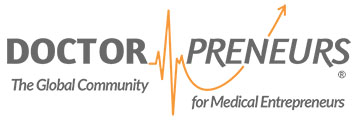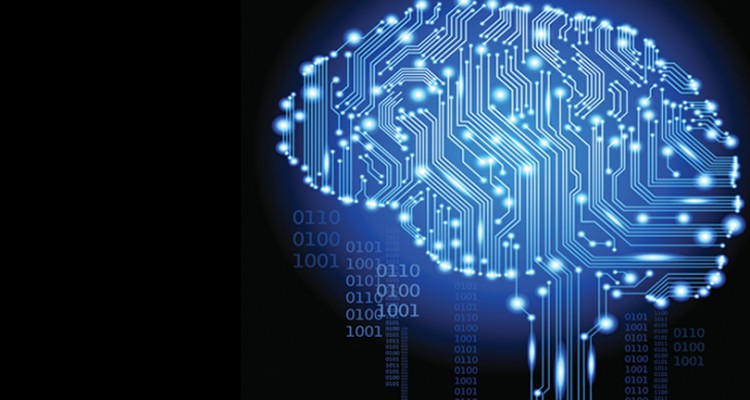Medtech Update
One of Medicine’s “transistor moments”
Based on an observation by Gordon Moore, the co-founder of Intel and Fairchild Semiconductor, Moore’s law states that the number of transistors in a dense integrated circuit doubles approximately every two years. We have seen exponential leaps and bounds in computing since the invention of the semiconductor more than 60 years ago.
While medicine and healthcare has also immensely improved in the last 20-30 years, the same exponential trend hasn’t been seen in the industry. Well, not yet, perhaps.
Enter 2016 and the steady rise of artificial intelligence (AI). We are in the midst of exciting times and with the help of AI, medicine would be able to have one of its “transistor moments”.
Everyday, many of our applications are getting smarter. Take for instance how the Google Photos app which utilises machine learning algorithms to identify the objects in photos and classifying them in albums or the ability of Facebook to recognise a person in a photo and suggests a friend to be “tagged”. Another example of an application of AI would be self-driving cars that are being developed by the likes of companies such as Google, Tesla, and Uber.
In medicine and healthcare, we face many problems and they stem mainly from the diagnosis and management of diseases. While advances in modern medicine have allowed us to intervene with disease and provide patients with a better prognosis, we are still short on curing diseases that make up the bulk of the global burden of disease.
Modern medicine is a double-edged sword. As we are living longer than ever before, we are susceptible to diseases associated with an aging population. Infectious diseases are less prevalent while diseases of age like neurodegenerative diseases, cardiovascular disease, type 2 diabetes, and cancer are becoming increasingly more common.
Doctors practicing medicine face a huge challenge; they have to make complete decisions with incomplete data. This is where AI enters the picture. With more data being available than any other point of time in history, it is reasonable to try and make sense of as much of it as possible. Researchers are publishing new discoveries everyday. However, doctors all around the world don’t have enough time to sieve through every journal article to keep up with the latest advancements in medicine. With their large amounts of raw computing power, computers are much better than humans at making sense of large amounts of data.
Source: https://www.ibm.com/
Already we have seen companies trying to take advantage of AI to solve some of our largest problems. IBM Watson developed by IBM, uses natural language processing and evidence-based learning to support medical professionals as they make decisions. Watson can assist doctors in diagnosing and treating patients by first receiving relevant information about the patient (signs, symptoms, etc.) from the doctor. Once it has a complete picture, Watson combines everything (from patient information to treatment guidelines to journal articles) to form hypotheses and test them. Watson can then provide a list of potential diagnoses along with a score that indicates the level of confidence for each hypothesis.
Google DeepMind is another company that is trying to use AI to solve problems in medicine and healthcare. 2016 has been a monumental year for DeepMind with their AlphaGo program being the first ever computer program to beat a professional player at Go, a game originating from China more than 2500 years ago. This game is widely viewed as an unsolved challenge for AI. AlphaGo utilises deep neural networks to mimic professional players and further improves the program by learning from games played against itself.

Source: https://deepmind.com/health
They announced DeepMind Health (in February 2016), which aims to support medical professionals by providing the technical expertise needed to develop tech that can help them provide the best care available to patients. More recently, DeepMind Health have announced a medical research partnership with a British National Health Service (NHS) trust, namely, the Moorfields Eye Hospital NHS Foundation Trust. They are focusing on utilising AI and machine learning to allow the early detection and treatment of diabetic retinopathy and age-related macular degeneration (AMD). The research project aims to investigate how machine learning could help analyse eye scans better, leading to earlier detection and treatment for patients and reducing the number of cases of visual loss.
Combining the raw computing power of computers with human intuition and compassion will result in a powerful tool. It is worth noting that the most successful AI applications of the future will not seek to replace medical professionals but rather, seek to empower them to make better decisions and allowing them to focus on work that truly matters.
It is foolish to ignore the potential of this powerful technology, given that such a large difference can potentially be made in the quality of life of many patients. As computing power improves together with the increase in medical data available to us, AI applications in medicine will actively shape how we solve problems in the industry.
We are at the edge of a “transistor moment”, where medicine and health care will hopefully see the same exponential improvement seen in computing. It will be possible to better prevent, diagnose, treat, and even cure diseases in our lifetime. We have a chance to build a future with better health for everyone but only if are courageous to go out there and do so together.

